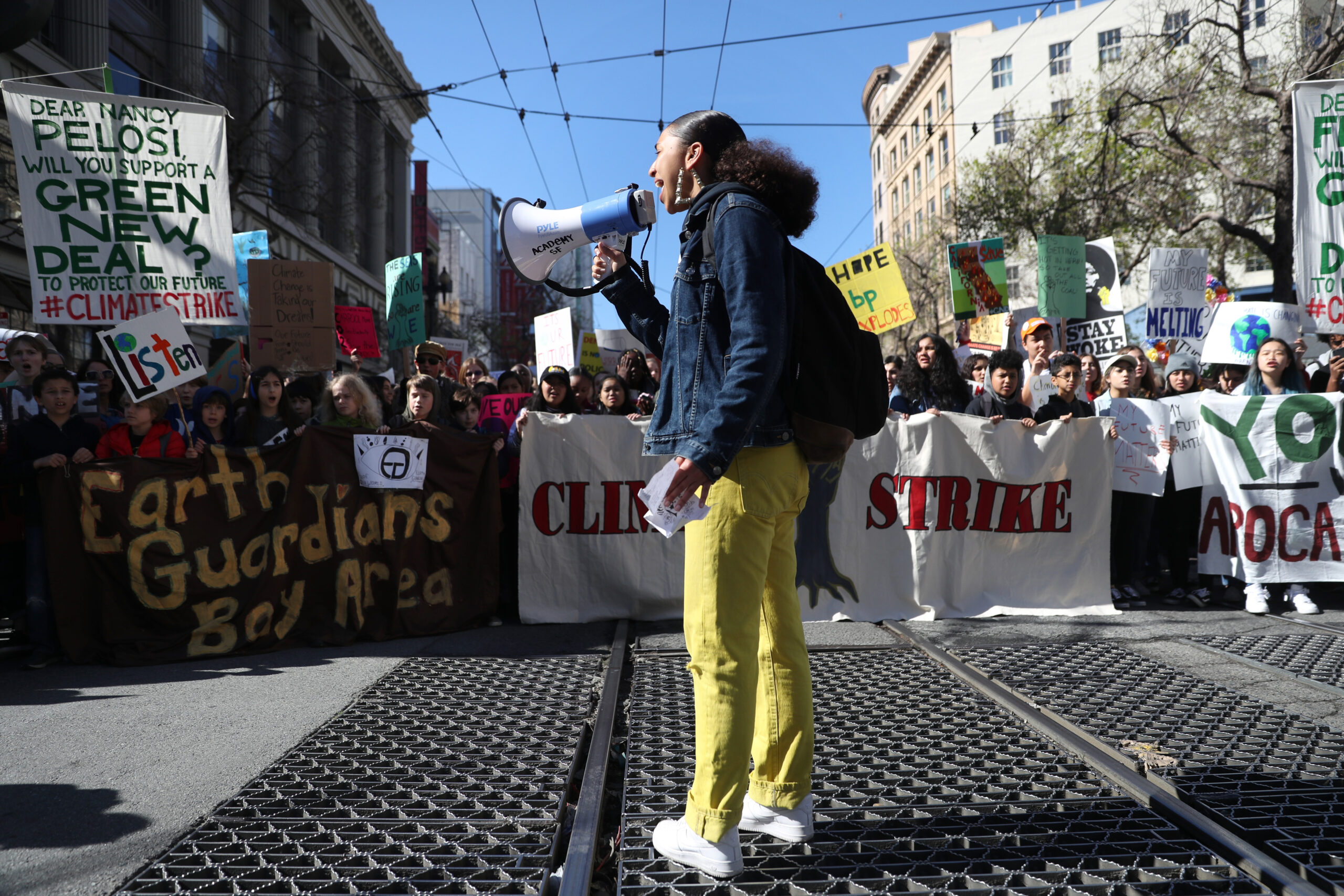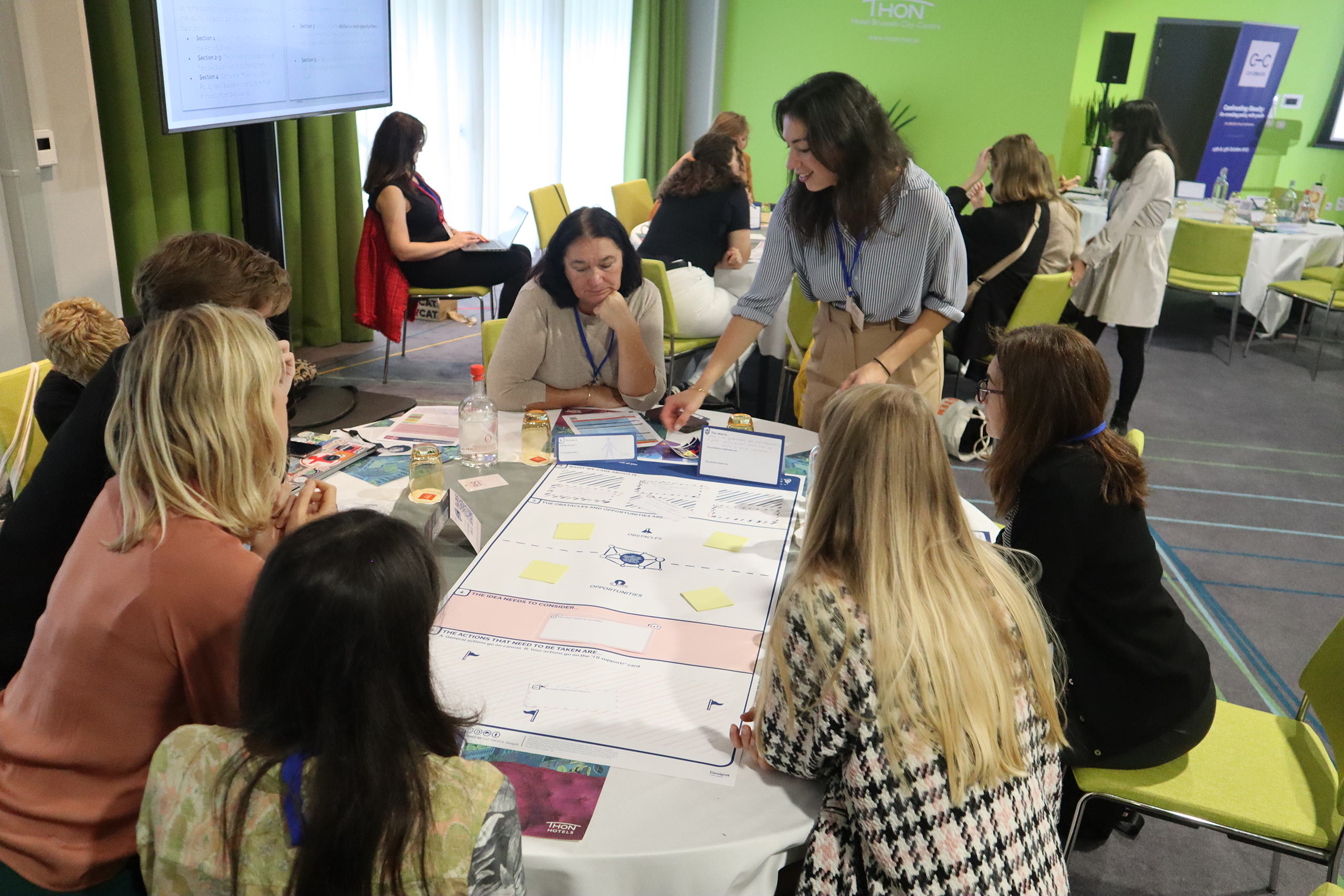By Martin W. Bloem, MD, PhD
The goal is simple: we want a healthier planet with healthier people living on it. The problems we tackle to work toward our goal, however, are rather complex. We tackle challenges such as nutrition, food security, environmental stewardship and land use—and while diet and food production have critical roles to play in each of these challenges, there’s no single solution. Ultimately, we need to think about systems of solutions. And reducing how much meat we consume is one part of that system.
Excessive meat consumption has negative effects on preventable illness, the environment and climate change. Even small changes that get us from “excessive” meat consumption to a more sustainable rate of meat consumption can have a positive impact on the things we care about. Meatless Monday is one vehicle for doing that. The campaign, for which the Johns Hopkins Center for a Livable Future (CLF) is a technical adviser, is about getting people to take small steps, but doing it collaboratively for large impact. When institutions such as school systems and hospitals and government agencies work together through a campaign like Meatless Monday to get people to skip meat one day a week, the collective action is significant.
Before coming to CLF, I worked in the world of nutrition and food security, so I’m always thinking about people who struggle every day to get enough healthy food to eat. “Excessive meat consumption” is not their problem to tackle. That problem belongs to us, the resource-rich world, and I’m heartened to see that so many nations from this rich world are on board with the Meatless Monday campaign. The global campaign is connecting countries like the United States, my home country, the Netherlands, and others throughout Europe as well as Australia and Japan to think critically about how much meat we eat and how we can reduce our footprint on the planet.
One of the greatest things about the Meatless Monday campaign is that it goes beyond preaching to the choir. There is already a small but stalwart cohort of people throughout the resource-rich world committed to the idea of shifting toward diets that are more plant-based; the campaign doesn’t need to reach these people, the choir, so to speak. Meatless Monday constantly looks for possible converts by seeking out new audiences to engage with the idea of eating less meat. And it does this by meeting people where they are: at restaurants, in schools, on their worksites. And what the campaign asks of them is not radical or difficult. In fact, it’s a rather modest step—but it starts the ball rolling and sparks an idea about new ways of eating and how that simple change can improve so much.
If the collective power of a campaign like Meatless Monday is realized, we might be able to see a drop in heart disease and obesity, a more sustainable use of land for crops instead of animal production, and maybe even a shot at slowing down the warming of our planet. If nothing else, the campaign is a thought experiment: How comfortable can we get the rich world to be with the notion of cutting down, just a little bit, on what is certainly a habit of excess? My hope is that the campaign will show us how to change minds, how to find those converts—and maybe even have a collective, positive impact on the changes we want for our world.
Here at the Center for a Livable Future, we often find ourselves quoting the author and agrarian Wendell Berry. I’ll close with a quote by him that I believe sums up the Meatless Monday approach: “We have lived our lives by the assumption that what was good for us would be good for the world. We have been wrong. We must change our lives so that it will be possible to live by the contrary assumption, that what is good for the world will be good for us.”
Dr. Martin Bloem serves on EAT’s strategic advisory board and is director of the Johns Hopkins Center for a Livable Future.
Remaining one step
ahead
of the curve.
Five Youth Leaders Who Will Change the World
To celebrate International Youth Day, we are spotlighting the leaders of tomorrow. From India to the US and New Zealand to South Africa, young people are rising to demand greater action on climate change, biodiversity loss, hunger, malnutrition, food waste, plastic pollution, and more.

Reflecting on five years of policy co-creation with youth: the CO-CREATE project
After five years, the CO-CREATE research project “Confronting Obesity: Co-creating policy with youth” has come to end. Reflections on the project’s achievements and sustained impact are shared.
